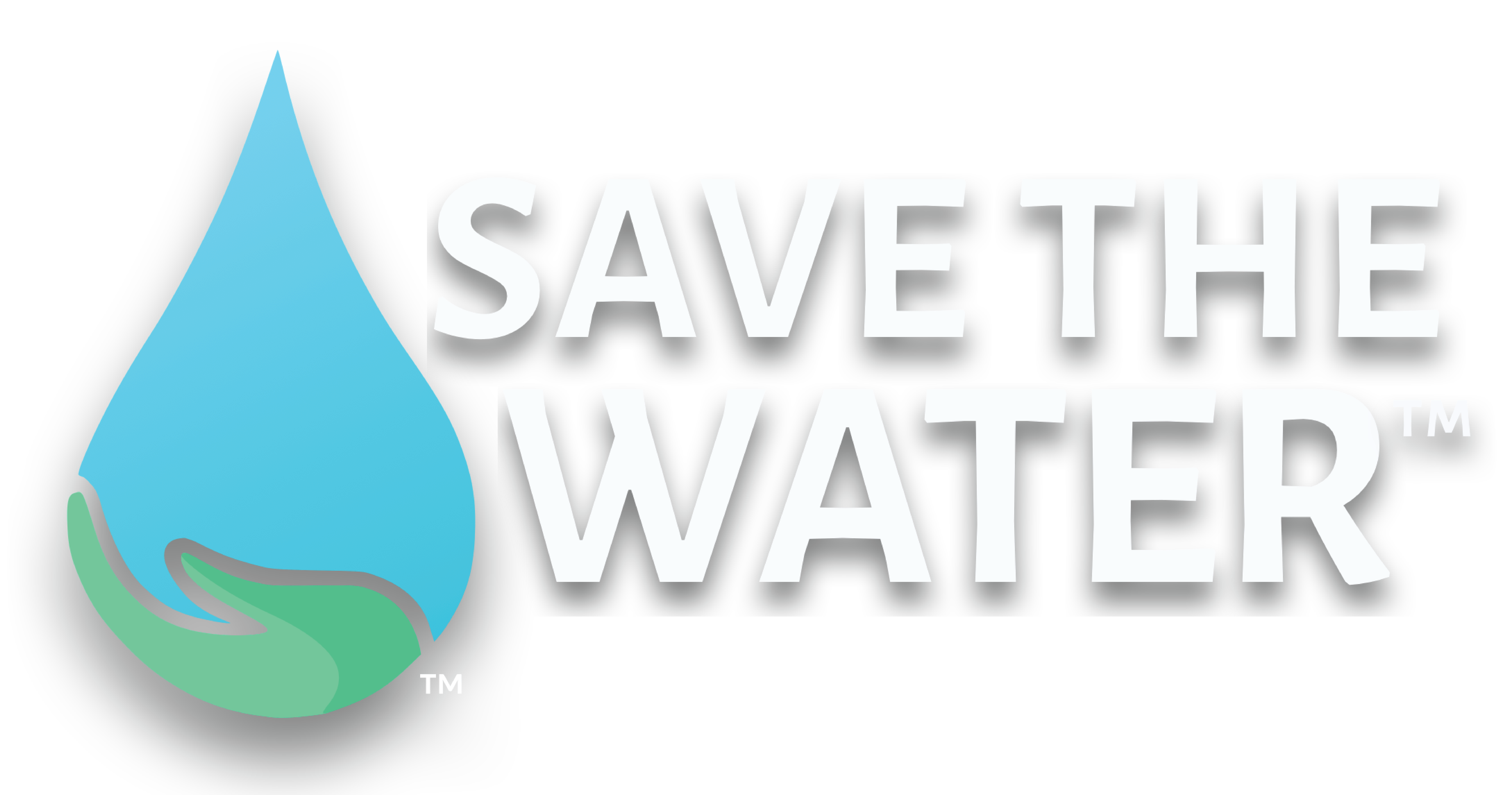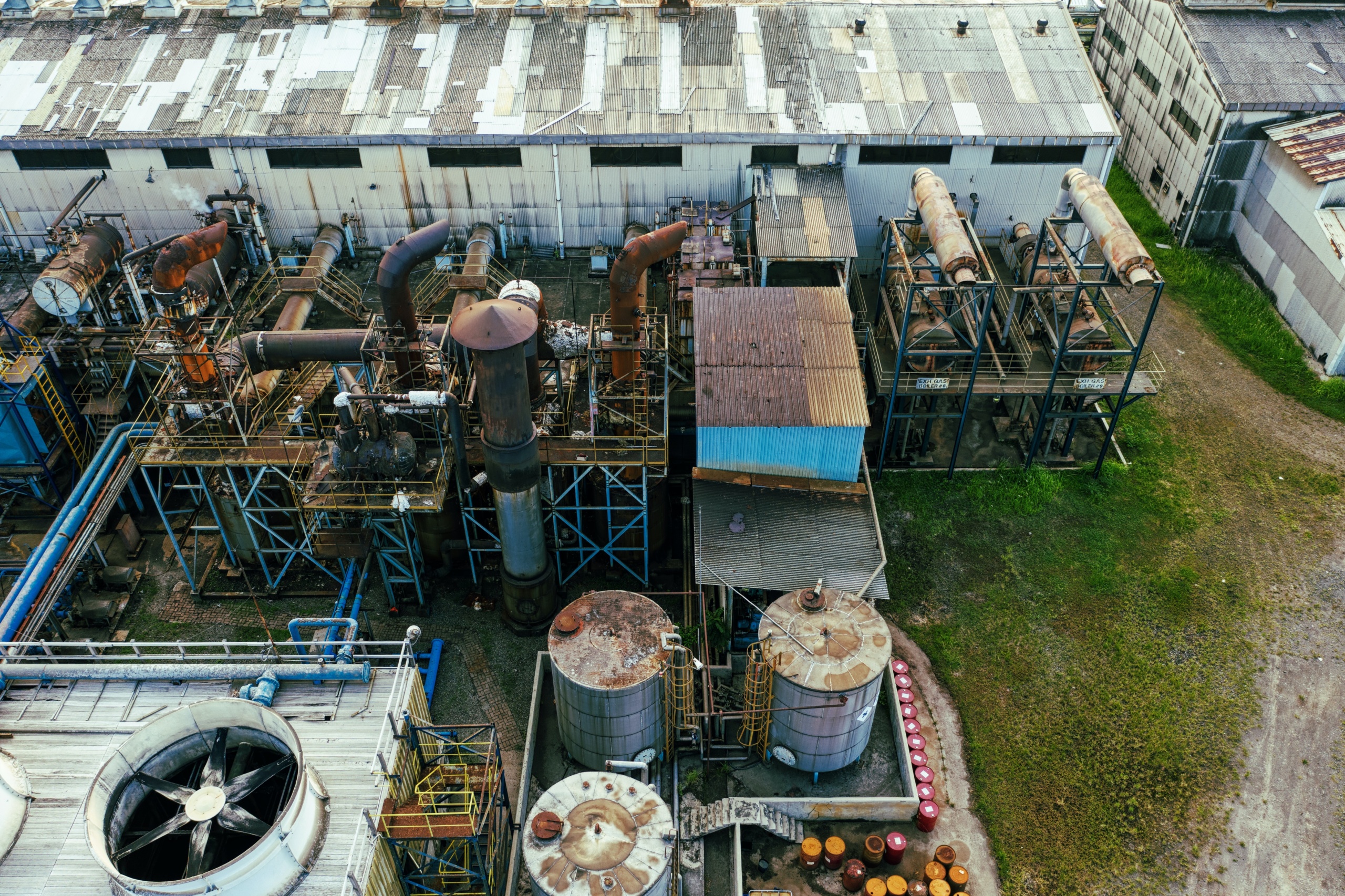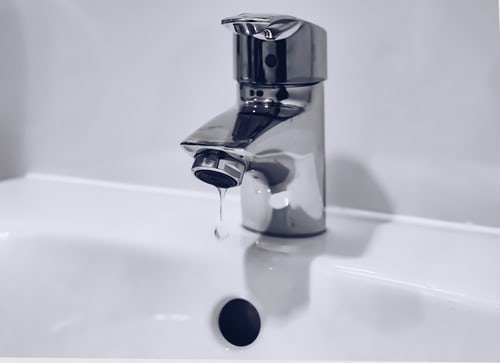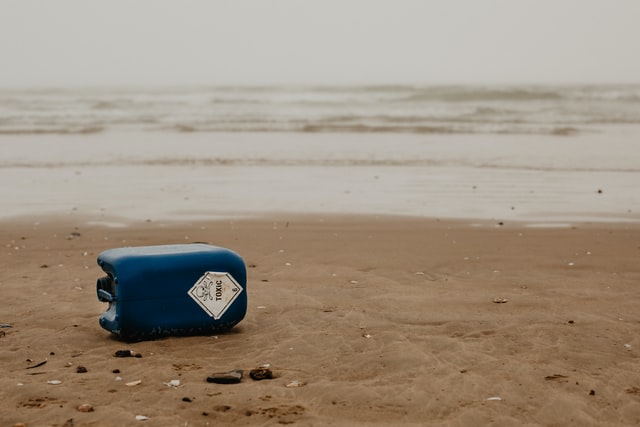By Samhar Almomani, Publishing Associate: Researcher and Writer at Save the Water™ | February 20, 2023
In December 2022, an oil spill in a creek located in northeastern Kansas was reported to be the largest for an onshore crude pipeline in over nine years. In addition, the leak is also the biggest oil spill in the history of the Keystone pipeline. The broken pipe spilled enough oil into the creek to nearly fill an Olympic-sized swimming pool.
Although the Canada-based TC Energy company said that the affected pipeline had been isolated and the oil was contained, many citizens that live around the creek worry about what this spill means for them.
The Impact of the Oil Spill on People Living in Kansas
Many perspectives inform the issue of pipelines in communities like the one in Washington County in Kansas. Some people find that the pipeline provides people living in rural communities with a chance to find better jobs. However, others believe that these pipelines have caused nothing but harm to their communities.
The Keystone pipeline presents particular problems, as it has experienced three major oil spills in the last five years. On top of this fact, the new oil spill has the fact that previous estimates of earlier spills by the pipeline have been underestimated. This hints that the pipeline continuously results in spills that are environmentally catastrophic.
The most recent oil spill impacted people who lived in neighborhoods with farmland around the creek. Specifically, they found those places torn down by trucks and bulldozers. The trees were chopped down and put in a pile by cleanup crews. Places where families used to have picnics, such as the Pannbackers, have been stripped from all grass in an effort to combat the oil spill.
How Do Oil Spills Affect Health?
Oil spills are known to harm the environment, with four dead mammals and 71 dead fish recovered from the latest spill, according to the Environmental Protection Agency (EPA). Pipeline oil spills often result in environmental water damage:
- Oil contains a number of toxic compounds that can cause severe human health problems, such as heart damage, stunted growth, immune system effect, and even death.
- Fouling or oiling is when oil physically harms a plant or animal. Fouling or oiling is found to often coat a bird’s wing. The coating leaves the bird unable to fly. For animals, the coating strips away the insulating properties of animals’ fur, causing them to die from hypothermia.
- Humans have reported respiratory problems; eye and skin irritation; neurological effects that include headaches and dizziness; and traumatic symptoms that include pain.
- People who work on cleaning up spills have twice as much mercury in their urine compared to people who don’t. The increased amount of mercury in turn increases the likelihood of oil spill cleaners having toxic compounds in their body.
Preventing the Next Oil Spill
Some may see pipelines as the lesser of two evils when it comes to transporting oil. Stated differently, pipelines are considered safer than having to ship oil using rail cars or trucks. Most environmental agencies recognize that prevention is the best solution when it comes to oil spill, but people may have different perceptions on what that means.
Some people believe that updating guidelines, such as the ones set up by the EPA, would help alleviate future oil spills. For example, the U.S. Coast Guard serves as the lead federal response agency for oil spills occurring in inland waters. Therefore, equipping the U.S. Coast Guard with all the latest technology to help them respond to oil spills could be an essential step to mitigating the effects of oil spills on water sources and marine life.
Others believe that the best way forward is to stop drilling for oil and shift our use to renewable energy. Renewable energy ensures that we don’t have to worry about the dangerous effects of future oil spills. We can use such clean energy solutions and easily implement them in people’s lives. By using other energy sources, we could shift our focus from responding to oil spills to preventing oil spills and their impacts on human health and the environment, especially water.




